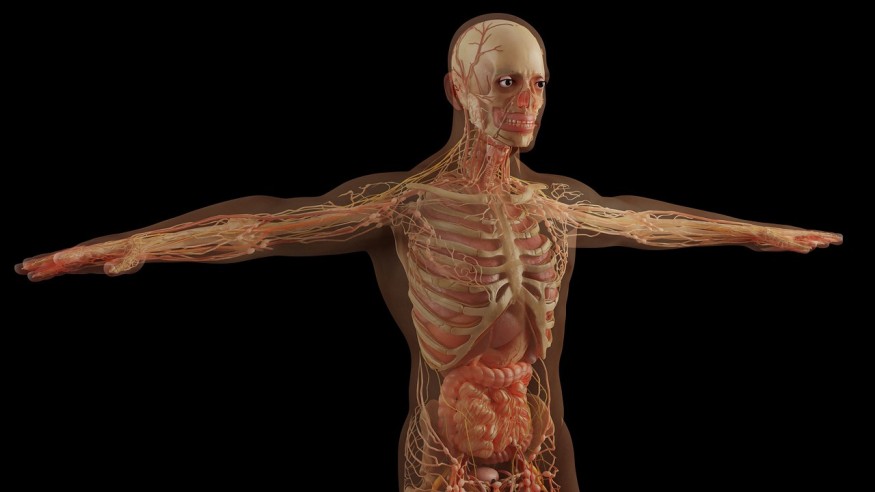The human body organs that weigh the most and their actual weight may surprise many.

Organs
Organs are tissue groups that work together to perform a specific bodily function, as reported by Live Science. This task may involve making chemical messengers for interneuron communication or digesting certain nutrients. They have various sizes and shapes that reflect their different vital functions.
While each organ is important, which human body organ weighs the most? This may come as a surprise.
Human Body's Heaviest Organs
The human body's heaviest organ is the skin. However, there are some errors regarding its actual weight. While some think that adult skin weighs an average of 8 pounds, others also hold that the skin accounts for 16% of the total body weight. This means that an adult's skin weighing 170 pounds would be equivalent to 27 pounds.
According to a report from 1949, these weight estimation discrepancies can be explained by factoring in the panniculus adiposus, a layer of fatty tissue between the underlying muscle and the skin's top layers. The larger estimate counts it in, while the smaller estimate considers the tissue layer separate from the skin. Modern medical references, such as the Primary Care Notebook, note that this layer is considered the skin's third and deepest layer. This hypodermis suggests that it should also be factored in.
The liver is considered the human body's second-heaviest organ, as noted by the American Liver Foundation. The liver itself may weigh from 3 to 3.5 pounds.
The cone-shaped organ is situated above the stomach and below the diaphragm. It helps with toxin breakdown, food digestion, and other vital functions. Johns Hopkins Medicine adds that at any point, the liver carries around 500 ml of blood, roughly 13% of the total blood supply of an adult.
According to a study, there's also the human brain, which reportedly accounts for roughly 2% of the average weight of an adult human body. Its importance seems to reflect how important it is.
The mass of the brain may largely depend on one's sex and age. An average 20-year-old male's brain could weigh 3 pounds yet drop to 2.86 pounds when he reaches 65 years old. The brains of females, on the other hand, are usually 10% less heavy than males, as the Encyclopedia of the Human Brain reports. However, another study shows that if the body's general weight is considered, men's brains tend to be roughly 0.2 pounds heavier.
Other organs are still considered the human body's heaviest, including the lungs (the right one weighing roughly 1.4 pounds and the left approximately 1.25 pounds) and the heart (about 10 to 12 ounces for males and 8 to 10 ounces for females).
RELATED ARTICLE : Brain Training Games Won't Make You Smart, Experts Say
Check out more news and information on Human Body in Science Times.












